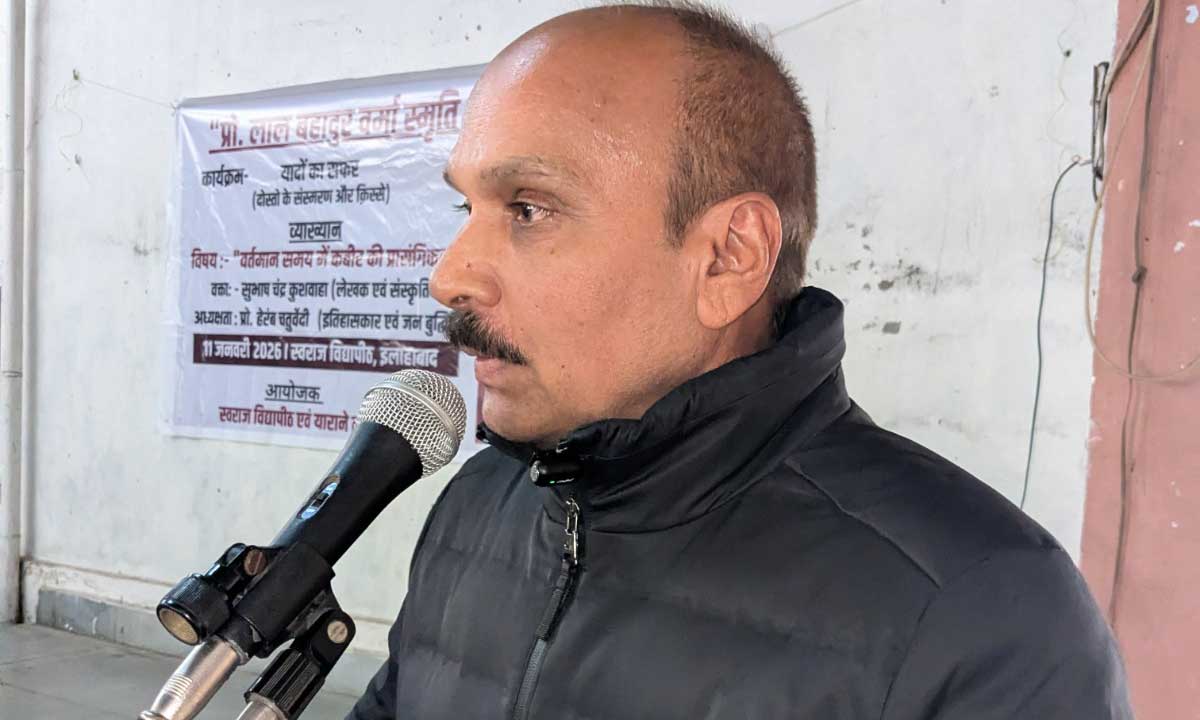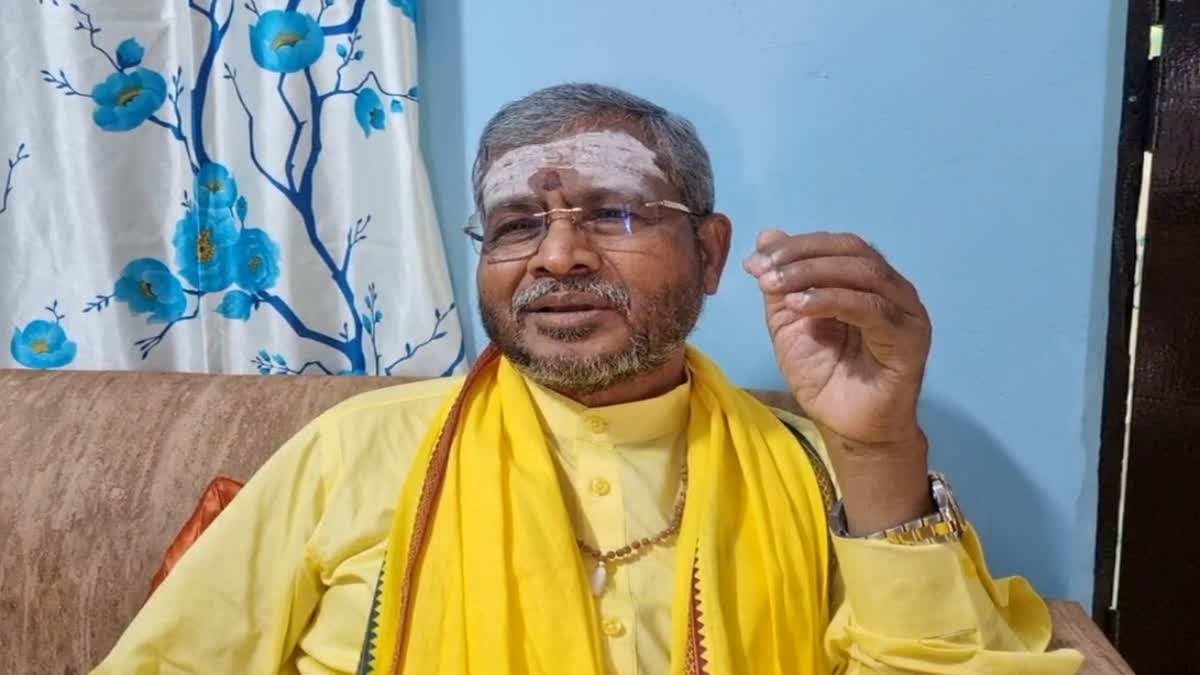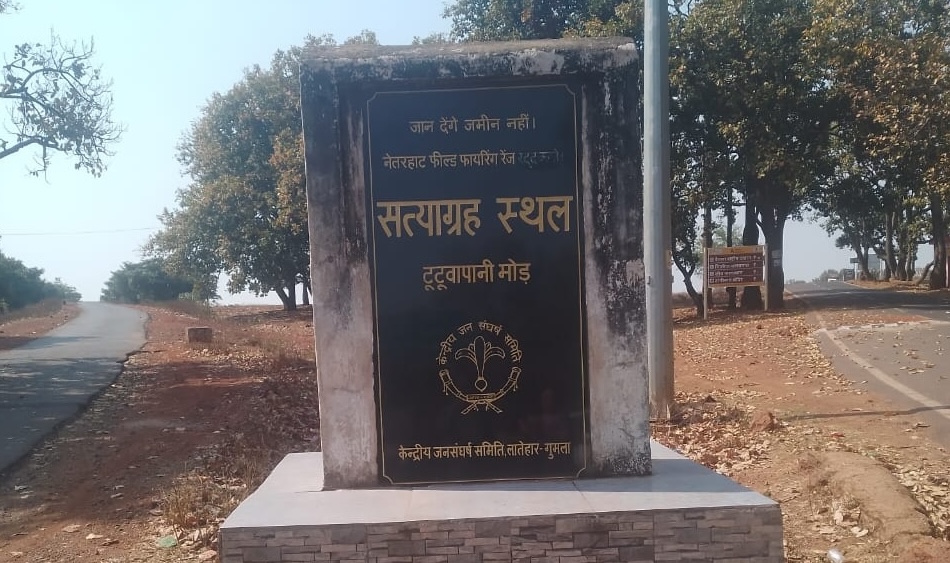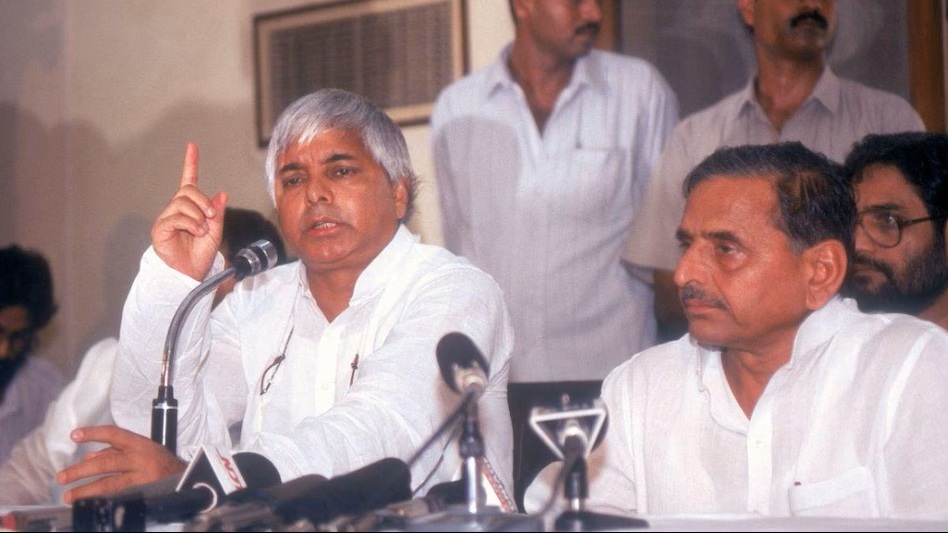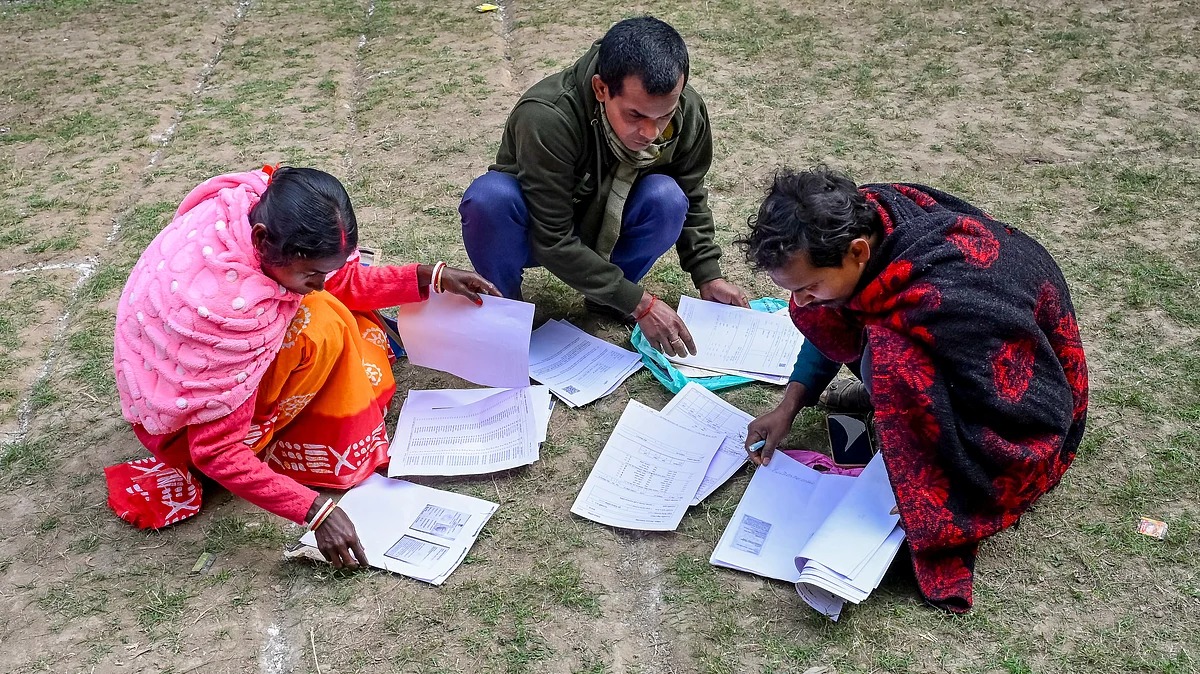Since Independence, a substantial number of migrant labourers have been coming to Jammu and Kashmir. Even in the 1990s, when violence was at its peak in the valley, the flow of migrant labourers continued unabated. But after the bifurcation of the state and the withdrawal of its special status under Article 370 of the Constitution, the outsiders have found themselves targeted by militants. Over the past three months, at least five migrant labourers have been killed. This has not only hit the inflow of migrant labourers into the union territory but also curtailed their freedom to work at the place of their choice. Most of the labourers are Dalits, OBCs and Adivasis from Bihar, Uttar Pradesh, Jharkhand and other states.
 Ramcharan, a Gond Adivasi, hails from the Dumka district of Jharkhand. A mason, Ramcharan comes to Kashmir every year in April or May. He works, makes some money and returns home in September. In four-five months, Ramcharan is able to send home Rs 1-1.5 lakh. Before going back, he also buys some gifts for his wife and children. Ramcharan has been making these annual trips for the past 12-13 years. He is not alone.
Ramcharan, a Gond Adivasi, hails from the Dumka district of Jharkhand. A mason, Ramcharan comes to Kashmir every year in April or May. He works, makes some money and returns home in September. In four-five months, Ramcharan is able to send home Rs 1-1.5 lakh. Before going back, he also buys some gifts for his wife and children. Ramcharan has been making these annual trips for the past 12-13 years. He is not alone.
Santosh Mahto also comes to the valley every year looking for work. Work at one or the other construction site is almost guaranteed. He says that the tourist season in Kashmir lasts from September to March/April. He makes good money in this period. After the tourist season is over, new construction projects and repair works begin. The daily wages in Kashmir are almost one and a half to two times that of Jharkhand. Even a semi-skilled mason can earn Rs 900 to Rs 1,000 a day. Unskilled labourers are paid Rs 700-800 per day. The best thing is that there is no dearth of work. But things have changed over the past two to three years.
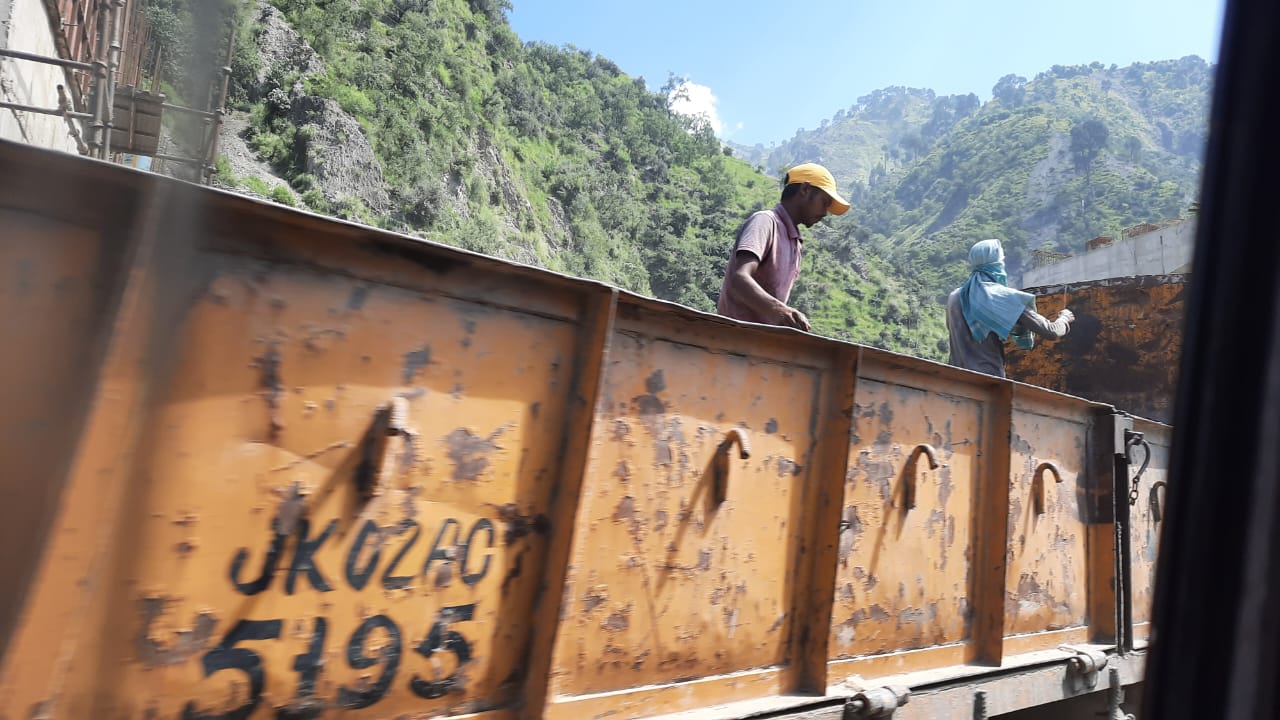
Jammu & Kashmir lost the status of a state and the protection of Article 370 and then the Covid-19 pandemic took away two years. Ramcharan Gond hasn’t been able to send much home this year. He says, “For the first time in the past 14-15 years, migrant labourers are becoming victims of violence. Till now, we never felt any fear working here. The resumption of construction work that was on hold for two years due to the pandemic meant that there was a lot of work. But I couldn’t gather the courage to go to remote places,” he said.
Santosh Mahto says that it is not just that the fear of violence has increased but the police and the army are stricter and the way outsiders have been killed over the past few months is bound to create fear. But one of his mukhiyas (senior colleagues) denies that there is any kind of fear. “This is nothing but politics. Ordinary Kashmiris are very cordial with us. For those indulging in violence, there is no difference between the locals and the outsiders. They only want to spread terror. The dirty politics of the country is responsible for this,” he says.
A large number of migrant labourers from Uttar Pradesh, Bihar, Jharkhand, Odisha and Uttarakhand work in different regions of Kashmir. Apart from the construction sites, they work in farms, shops, godowns and factories, and also as domestic workers. Local journalist Javed Shah says that the Kashmiris are not particularly industrious and need helpers for everything. That is why there is ample work for outsiders in Kashmir. He also claims that electoral politics is behind the violence directed against the outsiders as it benefits a particular political party in the other states.
Why are things becoming difficult for the outsiders in Kashmir? Aneesh Hansada, who has been working at Banihal for the past three years, says that the problem begins when politicians make unwarranted statements just to gain votes. He quotes a recent statement claiming that 25 lakh people from other states living in Kashmir will be able to cast their votes in the next elections. Now, there is a set procedure for getting your name deleted from the voters’ list of a particular area and getting it added to the list in another place. If someone is enrolled as a voter in Uttar Pradesh, he cannot vote in Kashmir without following this procedure. But this baseless talk about many voters being added to the electoral rolls have made the locals apprehensive. They feel that a conspiracy is being hatched to impose the rule of outsiders on them. One could then expect the extremists to take advantage of this situation and the migrants to be at the receiving end.
How will these developments affect the life of the migrants? “If outsiders are targeted, it will restrict opportunities for them. If violence grows I may not come here for work next year,” says Santosh. However, he claims that the situation is not as bad as was being portrayed by the newspapers and TV channels. But still, “what can be more valuable than life? Even if the daily wage is raised from Rs 700 to Rs 1400, no one will put his life at risk,” he says.
(Translation: Amrish Herdenia)
Forward Press also publishes books on Bahujan issues. Forward Press Books sheds light on the widespread problems as well as the finer aspects of Bahujan (Dalit, OBC, Adivasi, Nomadic, Pasmanda) society, culture, literature and politics. Contact us for a list of FP Books’ titles and to order. Mobile: +917827427311, Email: info@forwardmagazine.in)
The titles from Forward Press Books are also available on Kindle and these e-books cost less than their print versions. Browse and buy:
The Case for Bahujan Literature
Dalit Panthers: An Authoritative History


